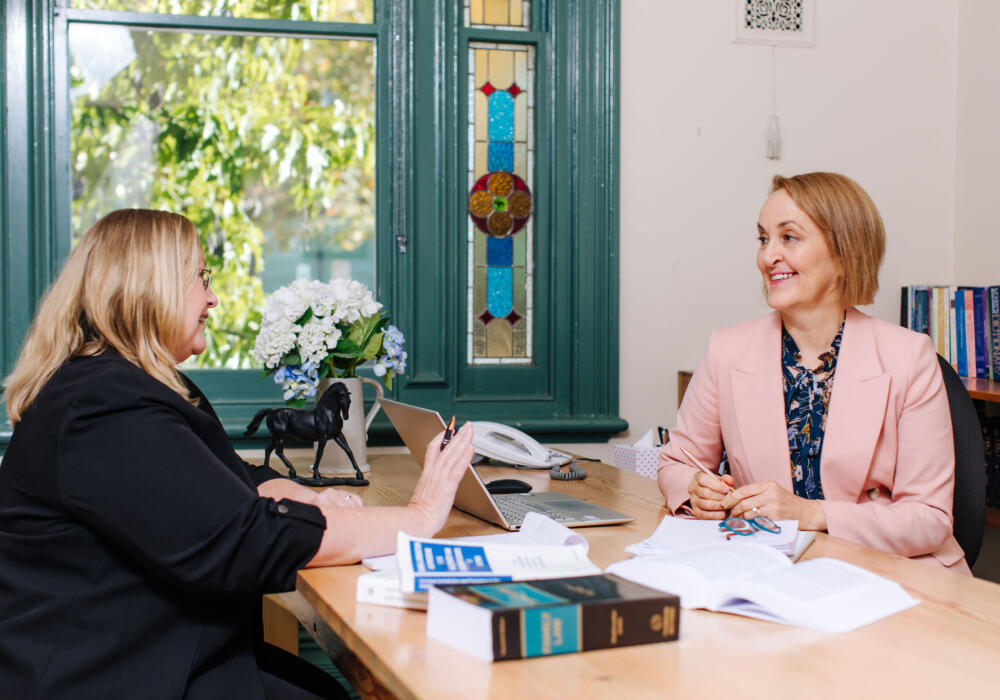Family law parenting matters can be stressful and overwhelming. Parties often find themselves involved in arguments in relation to parenting arrangements and are unsure of how to move forward when they feel like they are going in circles. We often hear terms such as mediation and litigation in relation to Family Law but what do they actually mean and what do they involve. These are factors we will explore.
Parties in most family law matters need to make efforts to try to resolve their matter via mediation before starting Court proceedings. This requirement is set out in the legislation governing Family Law Matters – The Family Law Act 1975. This requirement provides that in the majority of cases parties are required to have a valid s60 I certificate prior to starting Court proceedings (parties with a valid s60 I certificate are required to issue Court proceedings withing 12 months of the certificate being issued). Parties who have a valid s 60 I certificate or come within one of the exemptions below can start Court proceedings.
Mediation is a confidential process where parties meet with a mediator to discuss issues in dispute and attempt to resolve those issues in an informal and relaxed environment. Mediation can take place with or without solicitors and can take place via telephone or where parties are in the same room or different rooms within the same building. The structure of mediations are generally tailored to the parties needs and take into account factors like safety concerns one party may have or the practical difficulties of having parties in the same room. Mediation provides a forum for parties to engage in discussions and an opportunity for them to shape their own solution rather than having a Court decide what happens in relation to their children. Mediation can occur via a government funded organization, or privately with the assistance of a privately funded mediation.
The Family Law Act provides that there are a number of exceptions to meditation such as matters involving:
- Urgency
- Where there are allegations a child has been abused or is at risk of experiencing abuse
- Where one party has raised allegations that they have experienced family violence in the relationship or are at risk of experiencing family violence.
- Where there is a dispute where one party completely refuses to negotiate
- Where a party would experience undue prejudice or would be negatively affected by the other party being made aware that they intended to commence their matter.
Commencing mediation and litigation are significant steps in family matters and require careful consideration in relation to what proposals are appropriate in the circumstances of your case and what arrangements would be in the best interests of the children. It is advantageous to have the assistance of our experienced family lawyers at JS Law to advise you during the course of your matter and support you through this process. Our lawyers are able to take you through the matter step by step.

